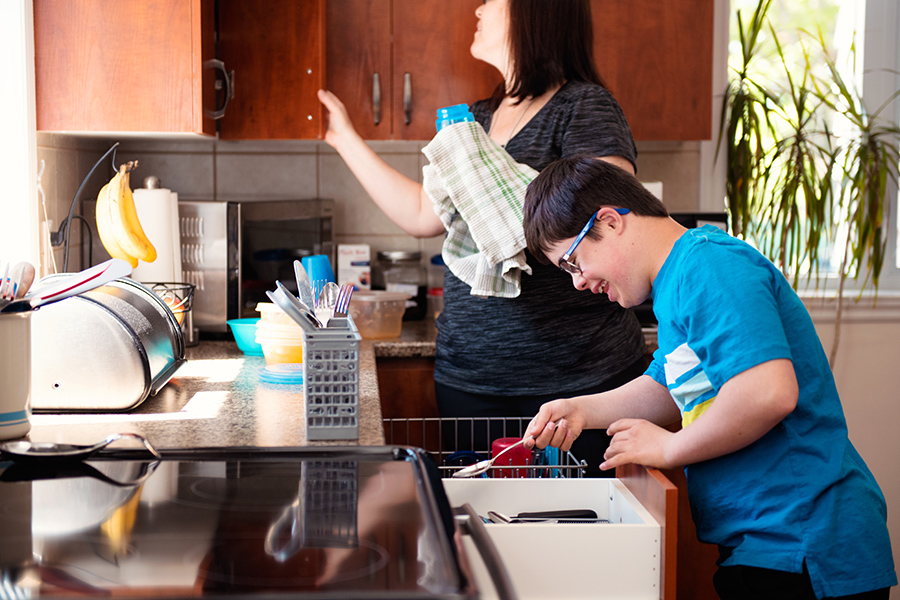Raising an adolescent is hard. Really hard. Their moods change quickly – one minute they’re angry and raging, and the next, they are a pile of tears in your lap. They want independence and freedom and yet, they are afraid of it. They want you to tell them what to do, but they don’t want your advice. They want you to listen, but then they tell you to go away. The mixed messages are intense. I know. I have two adolescents, one of each gender.
But what happens when that teenager is a child with special needs? For many children with special needs, the developmental milestones and struggles are the same but on a different time table. If you have a comparison point with another child, niece, or nephew, you are likely going to notice that your teen’s development is not all that different.
What are My Teen’s Needs?
For many teens with special needs, the main areas of growth and development are in the areas of:
- Becoming independent
- The need to feel heard
- The need to feel validated
- Building an identity
- Have a sense of self and self esteem
These are also the areas that neurotypical adolescents struggle with as well. Our goal as parents is to understand what our children need from us in an effort to guide them through their growth.
And if you don’t know, ask your teen
- “What do you need from me?”
- “How can I support you?”
Ask these questions instead of guessing or trying to figure it out on your own. You will gain information directly from your child which will give you clear cut communication. Your teen will also feel heard and you may notice a sense of relief, decreased anxiety and agitation. This will also keep the conversation with you open and direct the more it feels gratifying.
Hold Your Teen to Standards
As a parent of a teen with special needs, we often recognize their struggles and areas of weakness and attempt to lower our demands for them so as not to make them “feel badly”. The truth is, we need to hold our teens to standards, high ones. Because when we do, they tend to grow. You may not expect your child with a learning disability to write a novel or your child who physical or motor struggles to run a marathon, but your teen can take out the garbage, contribute to family meals or empty the dishwasher.
Ask your teen about their goals – socially, physically, academically, artistically, athletically. Help them to create a plan to reach those goals. Help them to see that there are steps in between the end goal and the start point.
Give your teen responsibilities even when they moan and groan about how they “can’t” or “don’t want to.” That piece is normal. Offer an allowance or pay for their household responsibilities, if that’s motivating. You may find yourself wanting to make life a little bit ‘easier’ but don’t. That will actually inadvertently communicate the message that your child is not capable or needs help.
Each time you set the bar for your child, he or she will reach it and feel good about their ability to accomplish tasks and goals. This also helps to build executive functioning skills of time management, prioritization, and scheduling.
Raising teens is a tough job. Their need for care has changed from physical to emotional, and on their time and their terms. Challenge them and help them grow at their own pace.














